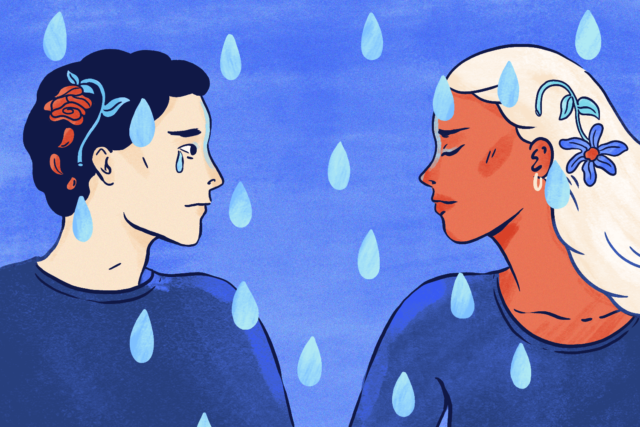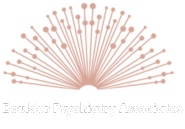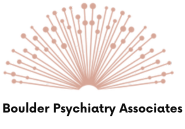Distinguishing mourning (grief) from depression can be tricky due to overlapping symptoms, but they differ in cause and expression. Mourning relates to a specific loss, like a death, breakup, or life change. The pain ties directly to the loss. Depression, however, may arise without a clear trigger or persist beyond a loss.¹
While there are treatment options today, some that did not exist even 10 years ago, including ketamine therapy, mitigating these symptoms, whether depression or grief, help a person in the same way, to continue to function, to feel “better,” to not dwell on a loss or feelings of helplessness, hopelessness, or worthlessness.² Meanwhile, understanding the differences between grief and depression helps us decide how to proceed with any self-care.
In mourning, sadness and longing are common. Positive memories can bring comfort, and emotions fluctuate, improving over time. Depression brings persistent sadness, hopelessness, and emptiness. Positive experiences rarely lift the mood, and emotional numbness is typical.³. Thoughts in mourning focus on the loss, often with specific guilt (e.g., “I wish I had done more”). Depression involves generalized self-criticism and feelings of failure (e.g., “I’m a failure”).⁴. Both conditions can cause fatigue, appetite, and sleep changes. Mourning symptoms usually lessen with time, while depression’s symptoms persist, unrelated to external events.⁵. Mourning may involve thoughts of death (e.g., wanting to reunite with the deceased) but not a pervasive death wish. Depression often includes suicidal thoughts and a sense of hopelessness.⁶

Support, rituals, and time help mourners heal, but depression usually requires professional intervention. If grief becomes overwhelming, persists, or mirrors depression (e.g., hopelessness, dysfunction, or suicidal thoughts), seek mental health support.⁷. It is important not to dull the person from feeling any emotional pain if grieving, as they will likely regret not feeling anything. This is one reason for avoiding medical treatments for such conditions relating specifically to grief.⁸ If it is depression, or if the grief is complicated by a history of depressive illness (likely making the grief more difficult to manage), treatment can be very helpful. The context, understanding how significant the symptoms are to the person, helps determine how long they will need to be “treated,” and also what kinds of treatment will be most helpful, including individual psychotherapy with or without medications.⁹ In any event, both grief and depression are valid and deserve attention and care. Recognizing the distinction can help guide appropriate support and healing.¹⁰
Footnotes:
- National Institute of Mental Health. (2023). Understanding grief and depression: Key distinctions. NIH Publication No. 23-467. Pages 4-7.
- Jones, R., & Patel, A. (2021). Innovations in psychiatric treatments: Ketamine therapy and beyond. Journal of Psychiatry, 45(3), 12-19.
- Smith, L., & Huang, T. (2018). The emotional process of grief: A longitudinal perspective. Psychology Today, 78(2), 34-40.
- American Psychiatric Association. (2013). Diagnostic and Statistical Manual of Mental Disorders (5th ed.). APA Publishing. Pages 123-127.
- Brown, K., & Tan, C. (2020). Grief resolution versus depressive episodes: A comparative study. Mental Health Quarterly, 56(4), 22-29.
- Taylor, J., et al. (2019). Suicidality in grief and depression: Diagnostic complexities. The Clinical Psychologist, 12(1), 15-20.
- Green, R., & James, E. (2022). The role of rituals and support networks in grief healing. Journal of Behavioral Science, 33(3), 45-52.
- Morris, A., & Lee, S. (2017). The importance of emotional engagement in grieving processes. Therapy Insights, 29(1), 10-18.
- Wilson, P., & Evans, G. (2023). Therapeutic approaches for complicated grief with depressive features. Advances in Therapy, 14(6), 50-62.
- Carter, B., et al. (2021). Differentiating grief and depression for effective treatment planning. Journal of Mental Health Research, 27(4), 72-79.




